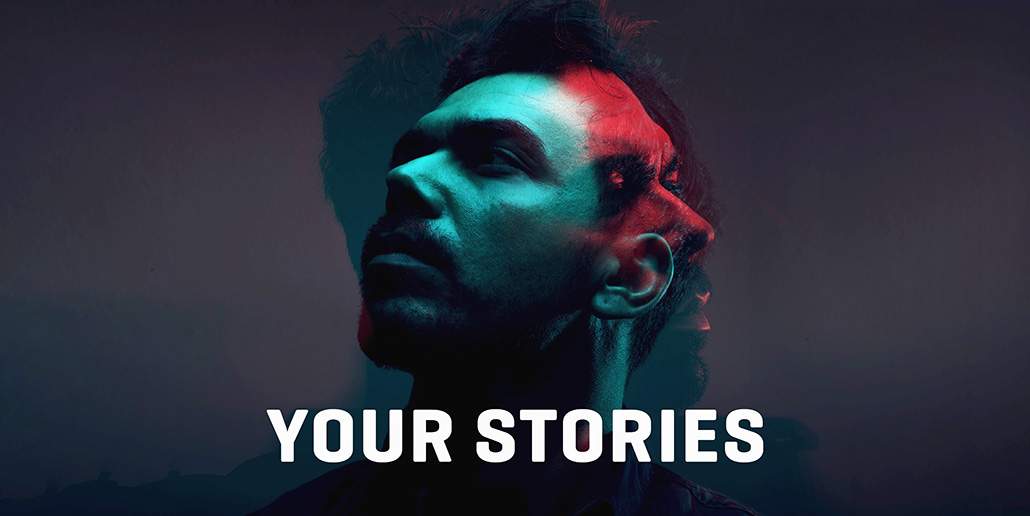
Michael's Story
Michael shares his experience of living with bipolar disorder, from diagnosis to treatment and recovery, and what helped most.

Michael shares his experience of living with bipolar disorder, from diagnosis to treatment and recovery, and what helped most.
"Keep putting one foot in front of the other, and view recovery as a bridge to a better place, and soon enough, you will find yourself there."
About Michael:

Michael is a self-published author with a focus on Mental Health Awareness and sharing his personal journey with Bipolar Disorder with an unparalleled candor. His memoir, (In)Sane, which is the harrowing account of his sojourn through the mental-healthcare system, recently placed runner-up in the Great Northwest Book Festival, and has been featured in speaking events for Mental Health Alliance (MHA), New York University, Columbia University, and more. He is currently working on building a social media presence on Instagram, TikTok, and more to further share his story, and help others along on the road to recovery.
Unfortunately, the turning point for me came when I hit rock bottom, and found myself committed to the psychiatric hospital not once, but three times, in 2018. My mania had taken over my life, and I found myself jobless, broke, and alone in the psych ward, a place that became all too familiar in the coming months. This all ended fortuitously, however, and I was finally able to get the treatment I needed. Although it took nearly a year and a half, I was able to make a recovery, and return to a normal life, although I soon found that it would never be the same.
Sharing my story:
Medication:
Lifestyle Changes:
Never. Give. Up. I can’t tell you how many times I felt like succumbing to Bipolar in the tough years following my diagnosis and hospitalization. With the help of family, friends, social workers, peers, and providers, I was able to regain traction in life, and achieve things that my former self had not thought possible. It may sound like a baseless platitude, or even a cliché, but there is a phrase that has stuck with me through all of this – this, too, shall pass. Keep putting one foot in front of the other, and view recovery as a bridge to a better place, and soon enough, you will find yourself there.
-Michael J. Schiuma, mjswrites, New York, NY, US 

![]()
Too many men suffer in silence. Become a peer supporter for the men in your life.
In this four-part course (15–20 min each), you’ll learn what effective peer support looks like, how to show up for others, and how to stay grounded while doing so.